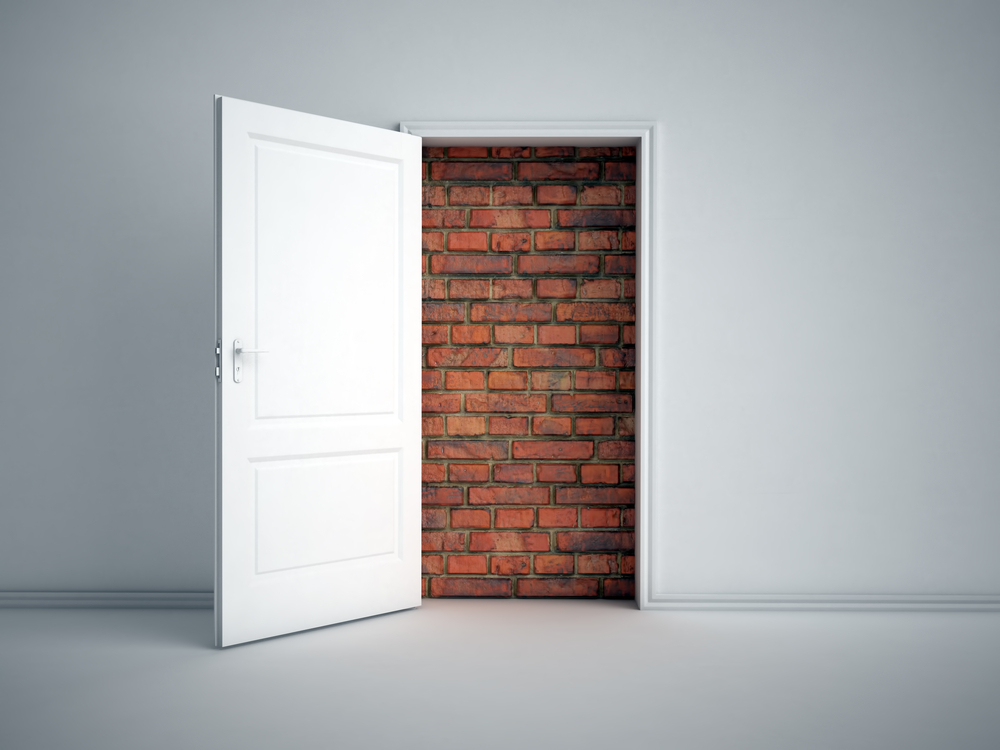![]() At the moment, the only experience that seems harder than serving seven years in prison is being free. Yes, you read that correctly. Make no mistake, “gratitude” doesn’t even begin to describe how it feels to be home, reunited with my family. I can finally eat, sleep and bathe when I want.
At the moment, the only experience that seems harder than serving seven years in prison is being free. Yes, you read that correctly. Make no mistake, “gratitude” doesn’t even begin to describe how it feels to be home, reunited with my family. I can finally eat, sleep and bathe when I want.
I don’t have suspicious guards staring me down when I hold my mom’s hand too long. Nor do I have to endure the degrading commands to “open your mouth, bend at the waist and spread your cheeks” after visits with my family. While my release has physically freed me from this traumatizing environment, my criminal record still shackles me from reaching what I most desire: medical school.

Najet Miah
When a recent opportunity for a hospital volunteer position was rescinded overnight, I was not surprised. They had discovered my blemished record. This was probably the fifth hospital rejection I had received since I’ve been home. Other hospitals saved me the time of fruitless interviews since their applications automatically disqualify violent felons.
This series of rejections in the year I have been home can be quite discouraging. Medical schools place a high value on patient care. What better way can a person gauge their love for interacting with the sick? But the more onerous thought is the one that suggests that years of effort to redeem myself pale before one major misdeed I committed nine years ago.
I was 16 when I made one of the worst decisions of my life. It’s embarrassing to admit my ignorance now, but at the time I was enmeshed in a life of perpetual violence. Knee-deep in gang life, I foolishly chased after a false sense of power. To no surprise, that chase ended in an eight-year prison sentence for attempted murder and a host of other charges.
The past isn’t past
I have served my time and, I’d like to believe, paid my debt to society. At the very beginning of my incarceration, the guilt of nearly taking a life became the driving force for becoming a healer. During my seven years inside, I committed myself to education and the service of others, pursuing several degrees and taking on leadership roles in the religious community. My decisions and involvement always centered on the hopes of establishing myself as a competent future healer. These were two of the ways I could effect change in the lives of my then-community while being accountable to myself and others.
Unfortunately, spotlighting my growth and evolvement does not guarantee me immediate access to others’ trust. As I continue to navigate through my journey, I observe that my intense focus on the future does not stop others from being stuck on my past. These experiences have challenged my definition of what “prison” really is.
After all, my struggle to gain hospital volunteering opportunities calls attention to a grim truth about reentry: Inmates who serve their time and live upstanding lives for years frequently step out of prison and face another prison. Not only are they separated from others by time and space, but they are restricted from accessing basic rights to guardianship, housing and other public services.
For sure, “banning the box” on many applications and restoring felons’ suffrage is an admirable step toward integrating former inmates into mainstream society, but it falls short of a complete integration where individuals are free from being perpetually haunted and penalized by their histories. If people have taken significant steps toward becoming responsible and contributing members of society, why should they continue to confront restrictions and penalties? A better question: When can we stop apologizing?
What kind of life makes sense
Now, this story isn’t meant to evoke pity for a girl whose light was extinguished by an “unforgiving” society. I do not expect an overnight transformation in the way society thinks, but I also cannot surrender my vision. Life’s too short to settle for a career that does not interest me.
Over the past year, I lay awake in bed most mornings, vacillating between determination and doubt about whether my medical aspirations would ever come into fruition. But with my latest bouts of rejection, I have shifted my stance on these challenges. I now see them as a metric of how far I am willing to go to achieve my goals.
I believe in myself and that I am more than a mistake I made. I am willing to tackle whatever obstacles come my way because life, for me, does not make sense outside of a white coat. My faith in God and my intentions, matched with consistent effort, will be the real determinant of my future.
My message to my peers trying to navigate their own professional goals is that you will also confront obstacles and people not so agreeable. You may question who you are and whether you are deserving; you are. If you have a vision and you’re unwilling to compromise it, persist and find ways — not excuses. If you cannot find a door to opportunity, build one. Dealing with the aftermath of incarceration is teaching me that if you can’t find a place for yourself, you make a space for yourself.
I have spent way too much time trying to figure out how many ways to apologize when I know that the best apology is changed behavior.
Najet Miah is a public health fellow for the Bard Prison Initiative. She will graduate with a bachelor’s in psychology this spring.
